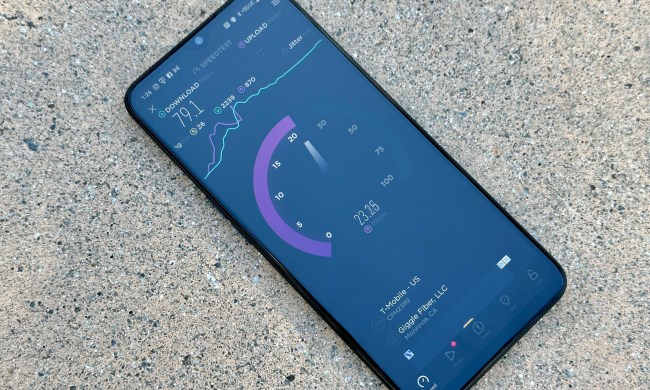AT&T is currently working on getting more than 100 cities ready for its roll-out of 5G service. On Friday, the company announced that it was rolling out its “5G Evolution” service to parts of 117 new markets, bringing the total to 141.
The cities include larger metropolitan areas like Dallas, Miami, Los Angeles, and smaller cities like Knoxville, Tennessee, and Anchorage, Alaska. AT&T hopes to expand the program to 500 cities by this year’s end.
5G Evolution is not true 5G service, however — It simply lays the groundwork for AT&T’s efforts to offer true 5G service in the future. That being said, 5G Evolution isn’t purely marketing speak, either. AT&T says its service is capable of delivering “theoretical peak speeds for capable devices of up to 400 megabits per second.”
“The upgraded markets will provide double the speed and it’s the stepping stone to full 5G promised for later this year,” Roger Entner of Recon Analytics told CNET.
While those peak speeds are theoretical, 5G Evolution will likely still offer faster speeds than current mobile networks. Unfortunately, there are some limits as to how many people will benefit from this plan. Currently, only select phones such as the Samsung S8 and S9 have the technology to make use of this new network. Apple fans are also out of luck, as none of the current models of the iPhone support this service.
True 5G will take a bit longer to reach fruition, but we may soon see it in some cities. AT&T has said that it plans to launch true 5G service in a dozen markets by the end of this year. More markets are expected to come within the following years.
Verizon is also hoping to get its 5G service up and running sometime this year, though it is taking a slightly different path. Verizon is hoping to offer 5G service as a replacement for its current broadband service, with a mobile network to follow.
The United States’ other two major mobile carriers, Sprint and T-Mobile, are planning on setting up 5G service this year. However, they aren’t expected to begin providing 5G service until sometime next year.


